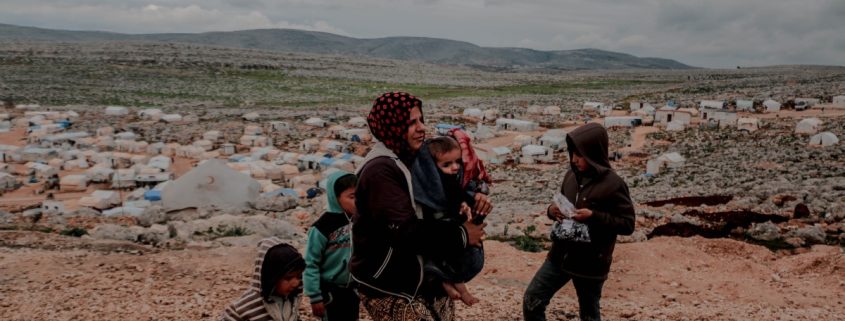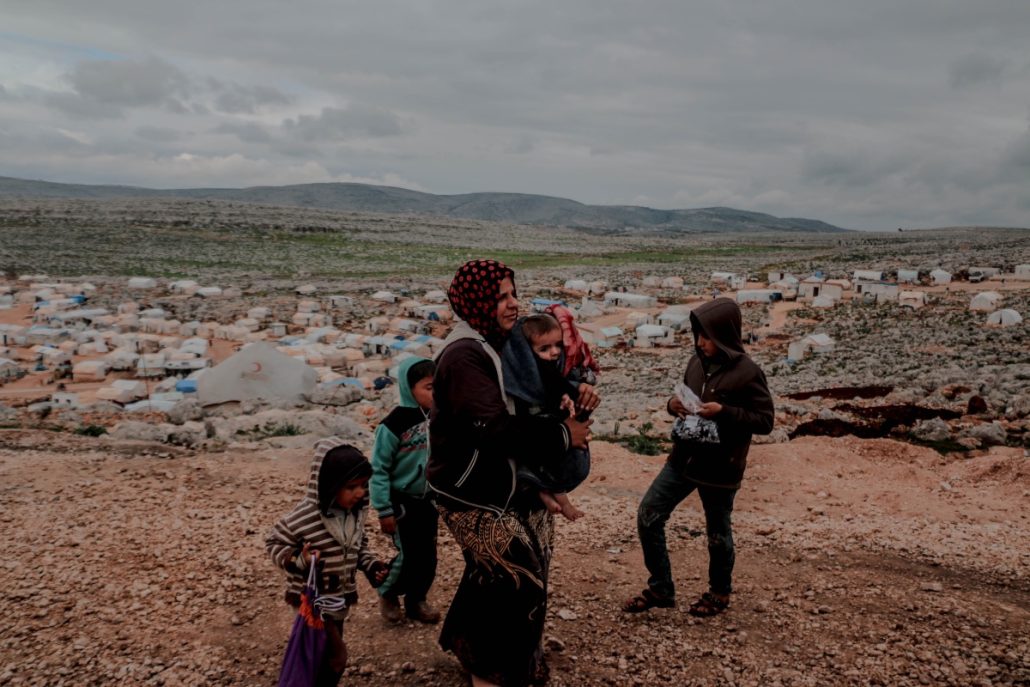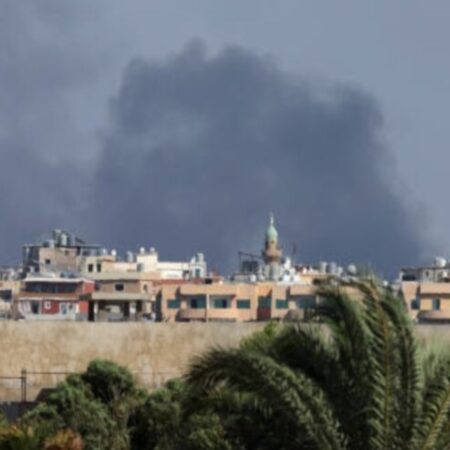Afghan Refugees Leave Pakistan
By Mahvish Akhtar
Afghanistan researcher at Human Rights Watch, Fareshta Abbasi warned the Pakistani government that “the situation in Afghanistan remains dangerous for many who fled, and deportation will expose them to significant security risks, including threats to their lives and well-being.”
Islamabad said on Oct. 30 that almost 200,000 Afghan nationals voluntarily returned to Afghanistan over the past two months ahead of an official deadline for all illegally residing foreigners to leave or face deportation. The Pakistani government has ordered “illegal/unregistered foreigners” and those “overstaying their visa validity periods” to return to their countries of origin by Nov. 1, 2023.
United Nations High Commissioner (UNHCR), called on the Pakistani government to “suspend forcible returns of Afghan nationals before it is too late to avoid a human rights catastrophe”. The Foreign Office (FO) on Monday said the decision to deport the illegal immigrants residing in Pakistan was in line with the sovereign domestic laws and international principles.
The UNHCR has been appealing to Pakistani authorities to suspend these deportations as the Nov. 1 deadline has approached. “We are very worried that those who are deported face a whole host of human rights violations including torture, arbitrary arrest and detention, severe discrimination, and lack of access to basic economic and social needs,” said Ravina Shamdasani, spokesperson for the UNHCR.
Shamdasani says women are in particular danger since the Taliban rulers “have attempted to completely erase them from any public presence in society — from the workplace, from schools, from even public parks.”
Voice of America reported that the Pakistani government approved the creation of several deportation centers for hundreds of thousands of illegally residing Afghan nationals they plan to arrest and repatriate to Afghanistan starting in November.
The Taliban have called the deportation plan, “inhumane” and “unacceptable.” They have set up special camps on the Afghan side of the border to provide immediate shelter, health, food, and financial aid to families crossing the border. These camps are set up along all borders that meet along four Pakistani provinces: Punjab, Sindh, Baluchistan, and Khyber Pakhtunkhwa.
The Pakistani caretaker government is not allowing the Afghan refugees to take any items other than what personal items they may own so they will need food and shelter right away. “All properties of illegal immigrants will be sealed tomorrow,” the caretaker minister earlier said that the government would take indiscriminate action against all illegal immigrants on the expiry of the deadline of Oct. 31.





















2023
1,342 views
views
0
comments